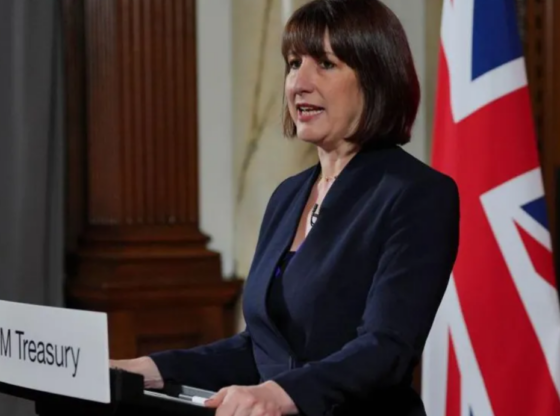A forthcoming legislation aims to prevent any future government from excluding the UK’s independent forecaster from evaluating its economic strategies, a scenario reminiscent of former Prime Minister Liz Truss’s brief mini-budget. The Treasury has outlined that the Office for Budget Responsibility (OBR) will be granted authority to assess significant tax or expenditure announcements to ensure financial “stability”. Truss’s administration drew criticism for bypassing the OBR in announcing £45bn in unfunded tax cuts in September 2022, resulting in market uncertainty and increased mortgage rates.
The new Labour government anticipates that this measure will restore investor confidence and stimulate economic growth. Chancellor Rachel Reeves is set to emphasize in London that the “budget responsibility bill” aims to stabilize the economy, enhance market assurance, and maintain low inflation, mortgage rates, and taxes. According to the Treasury, the law mandates the OBR to assess announcements throughout the fiscal year involving permanent tax or spending commitments exceeding 1% of the UK’s GDP, approximately £30bn.
In cases where the government proposes significant economic measures without consulting the OBR, a “fiscal lock” will be triggered, compelling the OBR to independently assess these plans. However, emergency or temporary measures lasting fewer than two years, such as responses to the Covid pandemic, are exempt from this requirement.
The absence of an OBR assessment during Truss and Chancellor Kwasi Kwarteng’s mini-budget two years ago contributed significantly to investor skepticism, as OBR forecasts are pivotal in assessing government compliance with economic management rules. Following the mini-budget fallout, the pound’s value plummeted, underscoring international investor apprehensions, prompting intervention by the Bank of England to safeguard pension funds.
Reeves emphasized that the government’s priority is sustainable economic growth, achievable only through stability and prudent fiscal management. She stressed the necessity of this law in securing the economy’s foundation for future prosperity. Opposition leader Rishi Sunak pledged to scrutinize Labour’s OBR strengthening plans, raising concerns over the forecaster’s expanded influence over elected officials.
Economists such as Paul Dales from Capital Economics argue that the law formalizes existing practices rather than excessively empowering the OBR, underscoring its role in ensuring fiscal accountability. Laith Khalaf from AJ Bell acknowledged the OBR’s enhanced authority following recent events, though he noted uncertainties about its impact on investor confidence.
Post-Downing Street, Liz Truss has criticized the OBR as overly conservative regarding tax cut benefits, leading to amendments in official documents describing her policies. Despite debates over OBR influence, its role remains crucial in guiding economic policies amidst market uncertainties.
